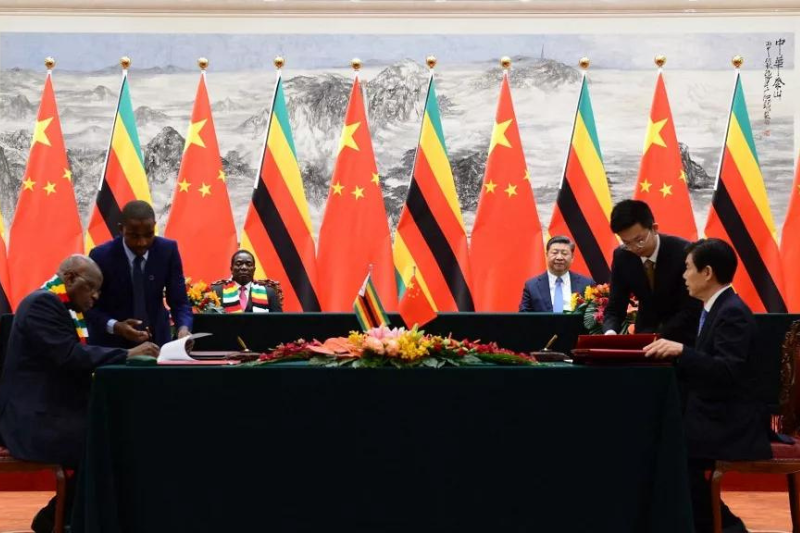
chinese mining companies accused of human rights violations and environmental abuses report
The Business and Human Rights Resource Center (BHRRC) found that Chinese mining companies in resource-rich host countries, in Africa, Latin America and Asia, are involved in human rights violations. In its latest report, the London-based organization said there are significant human rights and environmental concerns in Chinese companies-invested mining-related projects.
The report highlighted 102 cases of alleged abuses by Chinese mining companies in all phases, from initial explorations to mining and processing, in Africa, Latin America and Asia. It noted that many projects invested in or operated by Chinese companies were located in countries that had mineral wealth, but limited options for victims to seek remedy. The BHRRC said there’s an absence of legislation in China mandating extraterritorial human rights and environmental due diligence, thus leaving workers and communities vulnerable to harm. There’s no law in China to regulate the impacts of Chinese overseas businesses, supply chains and policies.
Similar violations and abuses have also been committed by companies from the U.S., Australia, Canada and the United Kingdom. The BHRRC says the global rush towards green or clean energy has triggered a race for transition minerals, such as copper, cobalt, zinc, and lithium. The mining companies that dig and extract, process and refine these minerals, are taking advantage of the indigenous people and the environment.
Keep Reading
Energy Transition At the Cost of Human Rights and Environment
Betty Yolanda, BHRRC’s director of regional programs, says if the energy transition is not fair, it will not be as fast as it needs to be, and everyone will fail to meet their climate deadlines. She pointed out that climate change has an inordinate impact on the world’s poor, who have done the least to contribute to warming and now are bearing the brunt of the negative impacts of mining the minerals needed for the transition to renewables.
Eric Ngang, global policy adviser for the Natural Resource and Governance Department of Global Witness, says this is not the time to repeat the same mistakes of the past. He believes renewable energy transition must be done in a just and equitable way. The report said weak legal safeguards against such abuses facilitate corrupt practices, benefiting companies and dishonest politicians at the cost of the environment and human rights.
Mineral-rich developing countries like Peru, Indonesia and the Philippines depend on Chinese investment and mining expertise to mine and process with minimum to no regulatory safeguards. In its latest report, the London-based organization said there are significant human rights and environmental concerns in Chinese companies-invested mining-related projects. Around 42 percent of human rights allegations are in the Asia & Pacific region, 27 percent in Latin America, and 24 percent in Africa. Majority chases were of environmental damage and workers’ rights related to health and safety risks at work.









